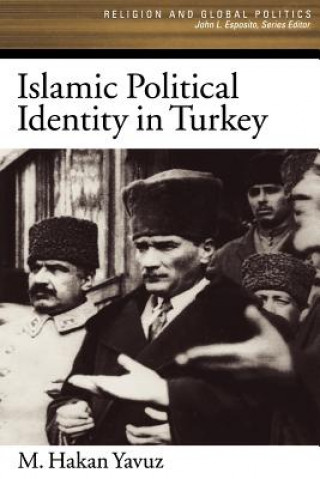
Kod: 04516798
Islamic Political Identity in Turkey
Autor M. Hakan Yavuz
In November of 2002, the Justice and Development Party swept to victory in the Turkish parliamentary elections. Because of the party's Islamic roots, its electoral triumph has sparked a host of questions both in Turkey and in the ... więcej
- Język:
 Angielski
Angielski - Oprawa: Miękka
- Liczba stron: 336
Wydawca: Oxford University Press Inc, 2005
- Więcej informacji o książce

Zobacz książki o podobnej tematyce
-

World of Agatha Christie
29.34 zł -23 % -

European Identity
788.50 zł -

Pattern Formation In The Physical And Biological Sciences
371.52 zł -
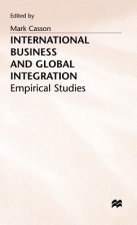
International Business and Global Integration
571.41 zł -
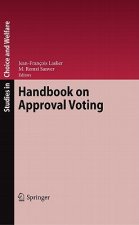
Handbook on Approval Voting
1032.20 zł -

Ionic Solids At High Temperatures
948.81 zł -

Politics of Persuasion
429.31 zł
Bon podarunkowy: Radość gwarantowana
- Podaruj bon o dowolnej wartości, a my się zajmiemy resztą.
- Bon podarunkowy dotyczy całej naszej oferty.
- Możesz wydrukować elektroniczny bon z e-maila a następnie przekazać go obdarowanemu.
- Ważność bonu wynosi 12 miesięcy od daty wystawienia.
Więcej informacji o Islamic Political Identity in Turkey
Za ten zakup dostaniesz 197 punkty
 Opis
Opis
In November of 2002, the Justice and Development Party swept to victory in the Turkish parliamentary elections. Because of the party's Islamic roots, its electoral triumph has sparked a host of questions both in Turkey and in the West: Does the party harbor a secret Islamist agenda? Will the new government seek to overturn nearly a century of secularization stemming from Kemal Ataturk's early-twentieth-century reforms? Most fundamentally, is Islam compatible with democracy? In this penetrating work, M. Hakan Yavuz seeks to answer these questions, and to provide a comprehensive analysis of Islamic political identity in Turkey. He begins in the early twentieth century, when Kemal Ataturk led Turkey through a process of rapid secularization and crushed Islamic opposition to his authoritarian rule. Yavuz argues that since Ataturk's death in 1938, however, Turkey has been gradually moving away from his militant secularism and experiencing "a quiet Muslim reformation." Islamic political identity is not homogeneous, says Yavuz, but can be modern and progressive as well as conservative and potentially authoritarian. While the West has traditionally seen Kemalism as an engine for reform against "reactionary" political Islam, in fact the Kemalist establishment has traditionally used the "Islamic threat" as an excuse to avoid democratization and thus hold on to power. Yavuz offers an account of the "soft coup" of 1997, in which the Kemalist military-bureaucratic establishment overthrew the democratically elected coalition government, which was led by the pro-Islamic Refah party. He argues that the soft coup plunged Turkey into a renewed legitimacy crisis which can only be resolved by the liberalization of the political system. The book ends with a discussion of the most recent election and its implications for Turkey and the Muslim world. Yavuz argues that Islamic social movements can be important agents for promoting a democratic and pluralistic society, and that the Turkish example holds long term promise for the rest of the Muslim world. Based on extensive fieldwork and interviews, this work offers a sophisticated new understanding of the role of political Islam in one of the world's most strategically important countries.
 Szczegóły książki
Szczegóły książki
Kategoria Książki po angielsku Society & social sciences Society & culture: general Social groups
339.44 zł
- Pełny tytuł: Islamic Political Identity in Turkey
- Autor: M. Hakan Yavuz
- Język:
 Angielski
Angielski - Oprawa: Miękka
- Liczba stron: 336
- EAN: 9780195188233
- ISBN: 0195188233
- ID: 04516798
- Wydawca: Oxford University Press Inc
- Waga: 485 g
- Wymiary: 235 × 152 × 20 mm
- Data wydania: 24. November 2005
Ulubione w innej kategorii
-

Women Who Run with the Wolves
48.26 zł -

Freedom Writers Diary
63.24 zł -15 % -

Think Like a Monk
75.90 zł -14 % -

Orientalism
52.62 zł -15 % -
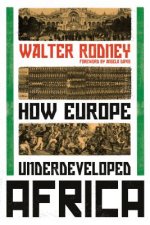
How Europe Underdeveloped Africa
83.99 zł -9 % -

Desert Flower
50.90 zł -11 % -

Why Does He Do That?
72.25 zł -13 % -

Letters to a Young Muslim
52.21 zł -23 % -

Eros and Mysteries of Love
84.19 zł -7 % -

Life After Darkness
104.03 zł -11 % -

Puer Tea
182.77 zł -

Womanhood
93.81 zł -23 % -

Complete Book of Pilates for Men
92.80 zł -10 % -

JFK - 9/11
139.56 zł -

Gypsy Identities 1500-2000
287.32 zł -
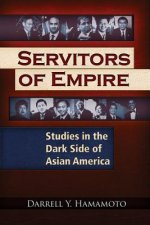
Servitors of Empire
85.91 zł -4 % -

Sword of No-sword
111.42 zł -11 % -

Colloquial Yiddish
290.25 zł -

Gerotranscendence
607.94 zł -

Northwest Coast Indian Art
124.37 zł -6 % -

Qur'an
139.86 zł -23 % -
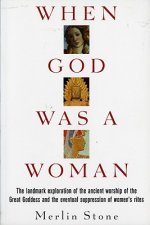
When God Was A Woman
77.62 zł -11 % -

The Mastery of Love
60.71 zł -7 % -

Vintage Menswear
74.68 zł -5 % -

Who Cooked the Last Supper?
79.64 zł -13 % -

Women Who Run With The Wolves
70.53 zł -14 % -

The Way of Men
68.61 zł -7 % -

The Autobiography of Malcolm X
42.80 zł -12 % -

Second Sex
70.73 zł -23 % -

Goddesses in Everywoman
52.21 zł -23 % -

Talking with Female Serial Killers - A chilling study of the most evil women in the world
47.56 zł -23 % -

Intellectuals and Society
107.78 zł -10 % -
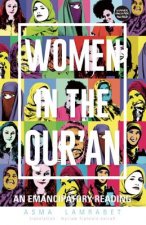
Women in the Qur'an
85 zł -7 % -

Erotic Bondage Book
72.25 zł -7 % -
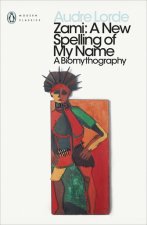
Zami
47.56 zł -23 % -

Nine Years among the Indians, 1870-1879
103.83 zł -6 % -
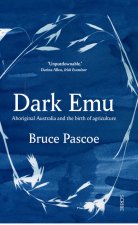
Dark Emu
70.73 zł -23 % -

Childhood and Society
81.06 zł -6 % -

Happy City
52.21 zł -23 % -

The Male Nude
82.78 zł -4 % -

The Bell Curve
80.04 zł -23 % -

We Should All Be Feminists
33.79 zł -23 % -

Empire of the Summer Moon
61.52 zł -23 % -

Radium Girls
47.56 zł -23 % -

Dance of Anger
47.56 zł -23 % -

Beauty Myth
61.52 zł -23 % -
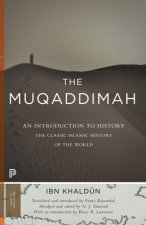
Muqaddimah
103.83 zł -6 % -

TROUBLEMAKER
77.21 zł -7 % -

Ladies' Book of Etiquette and Manual of Politeness
65.37 zł -6 %
zadowolonych klientów
Od roku 2008 obsłużyliśmy wielu miłośników książek, ale dla nas każdy był tym wyjątkowym.
Copyright! ©2008-24 libristo.pl Wszelkie prawa zastrzeżonePrywatnieCookies



 21 milionów książek
21 milionów książek Dostawa 10.99 zł
Dostawa 10.99 zł (32) 444 93 66 (8-15.30h)
(32) 444 93 66 (8-15.30h)